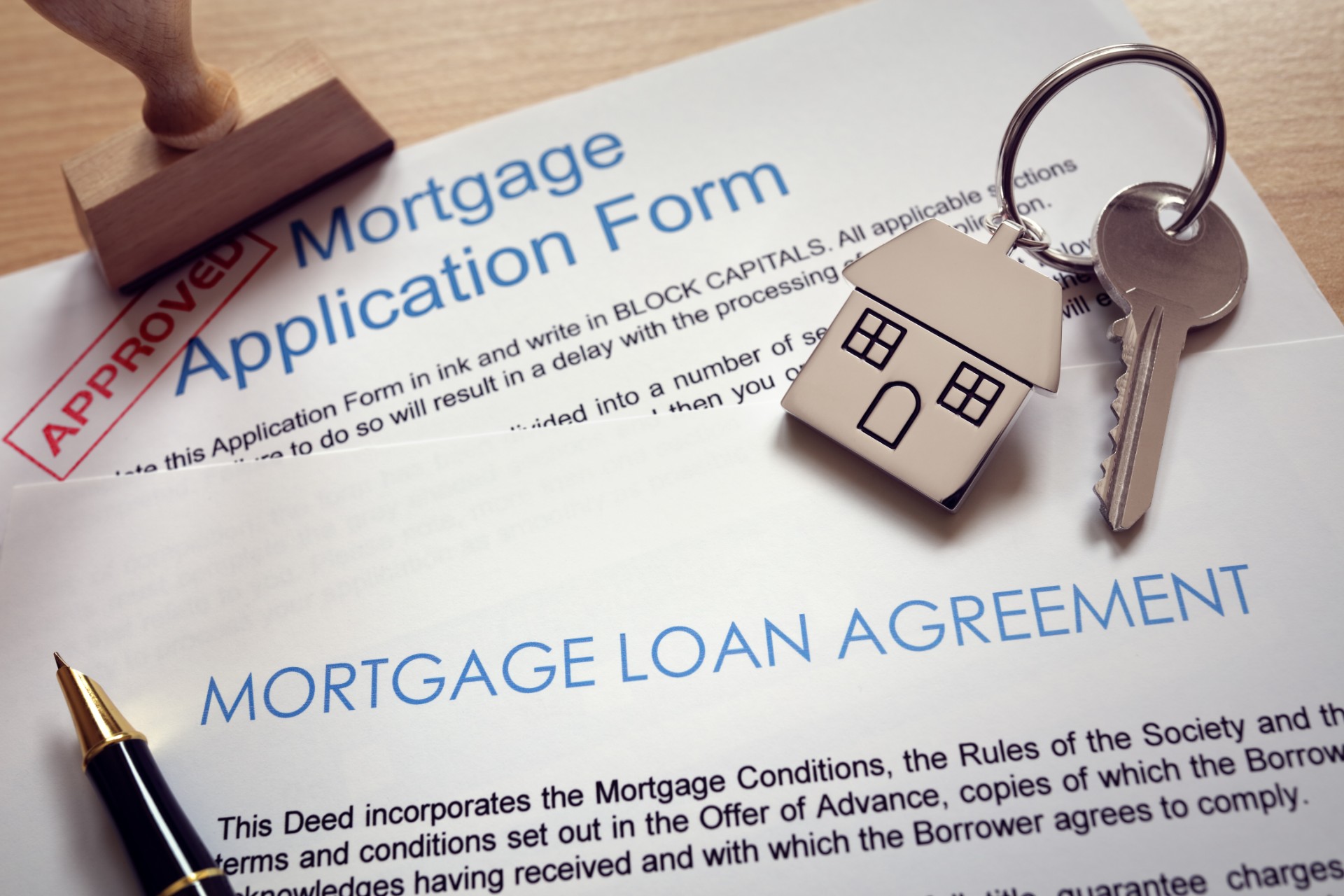How to Eliminate Bad Credit Habits That Can Reduce Your Chances of Getting a Mortgage Loan Approval

The fact that you are interested in ways to improve your chances of getting a mortgage loan means that you are aware of the importance of acting cautiously with your finances, especially when it comes to your credit.
Since the recession of 2008, mortgage writing – or the criteria that banks use to determine a loan – has become much more strict and regulated. To get a mortgage loan, you’ll need to provide a wide variety of information regarding your financial obligations and credit history.
The McAllen realtors of Equity Assets Realty are dedicated to helping clients find the home of their dreams and securing mortgage loan approval from quality mortgage lenders. We are eager to guide you through the entire process and that means also providing you with the information you need to improve your credit history, as well as tips on how you can avoid bad habits that can reduce your chances of securing a mortgage loan.
That beautiful home you’ve always dreamed of can soon be yours with some careful planning.
To-Do Prep List for the Mortgage Loan Application Process
1. Sum up your monthly income and your monthly debt obligations.
First off, know your monthly earnings and collect current pay stubs as the lender will request at least a month’s worth of proof of income. If you are self-employed, the lender may request additional documents. Along with pay stubs, the mortgage lender may also ask to see previous tax returns.
Your lender will also take note of your monthly debt payments including student loans, auto loans, and credit card minimum payments. A high debt rate may reduce your chances of getting a mortgage loan. If possible, try and pay off these loans prior to applying and avoid taking out new credit.
2. Check the status of your credit and protect your score.
Before you apply for a mortgage, get your credit score and credit history report. Check for errors and any significant debt sums that could ruin your chances of getting a mortgage.
A good FICO credit score should be about 700 or up. With scores less than 680, you may only have a chance of getting the loan if you are allowed to sign with a highly qualified co-signer.
Maybe you could even take the time to try and raise your score before applying. Again, avoid opening new lines of credit in the months leading up to your application as your mortgage broker will inquire about them.
3. Calculate your mortgage budget.
You should stop and think about both how much you can afford and how much you are willing to spend on your mortgage. It’s typically recommended that you pay 25 to 35 percent maximum of your gross monthly income into your monthly home mortgage payment. However, it is ultimately up to you if you wish to pay a lower percentage.
Of course, this percentage will never be completely accurate due to additional housing fees such as property taxes, mortgage interest rate, home insurance, etc. When setting your budget, add a buffer for these sorts of fees.
4. Plan For Your Mortgage Down Payment.
Now that you have sorted everything out and are ready to purchase your new home, plan how much you will give on your down payment. Your mortgage lender may expect a 10 percent down payment, but if you have more, consider putting up to 20 percent down.
Remember to stay rational and true to your budget, and do not let lenders or real estate agents try and convince you to put more money into a home mortgage payment than you are comfortable with.
Avoid These Bad Credit Habits to Increase Your Chances of a Loan Approval
Always remember that your credit is an important factor in your ability to secure a mortgage loan. You will want to protect, defend, and improve your credit history in order to increase the likelihood for eligibility.
Avoid these 5 bad credit habits that can seriously ruin your credit history:
1. Failure to make payments.
Late payments on student loans, auto loans, and even credit card monthly fees can cause your credit score to lower by up to 100 points. Even miscellaneous debts from library fees, medical bills, and parking tickets can appear on your credit history.
Try and clear up these records to avoid jeopardizing your chances of acquiring a mortgage loan.
2. Overusing credit card accounts.
Did you know that credit card history comprises up to 30 percent of your credit history report? This means that you should avoid overspending on even your lowest limit cards.
Overspending on credit accounts is one way to disqualify yourself from getting that mortgage loan.
3. Opening new lines of credit.
In the months leading up to your mortgage loan application, new lines of credit can look suspicious. Although it can be tempting to get that furniture store credit to decorate your new home, its ultimately best to wait until after the mortgage is approved. New lines of credit do not look good on your application.
4. Closing unused accounts.
Another way to concern the lender is to close lines of credit, even if you are not using them at the moment. In only a few instances can it help your score. More often than not, it will hurt your chances of getting approved.
5. Disputing a credit account.
If you try to dispute an account that is under investigation by the credit bureau, you can delay the process of getting a loan or alright kill the likelihood of getting approved. It seems like you’re covering up bad credit habits, so just avoid disputing any accounts.
Find the perfect home by contacting the experienced realtors of Equity Assets Realty today at (956) 369-0899.
A Rio Grande Valley home that meets your visions and budget is awaiting you. The McAllen realtors at Equity Home Assets are ready to work with you and make your dreams a reality.

Join The Discussion
You must be logged in to post a comment.